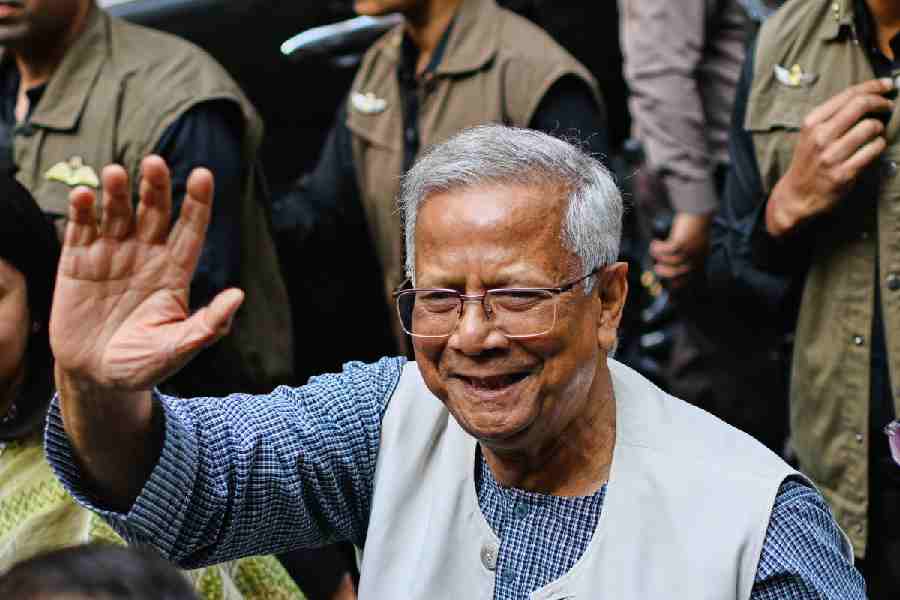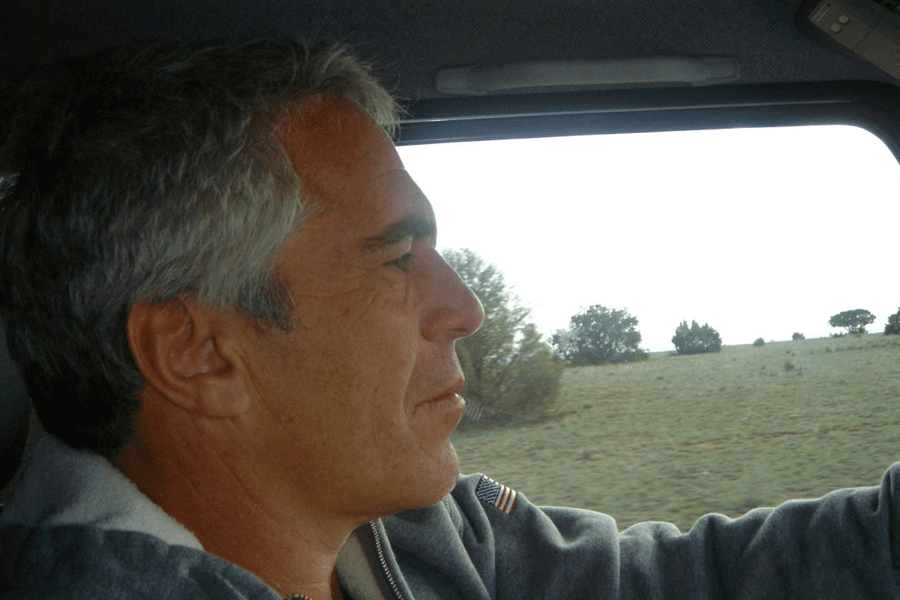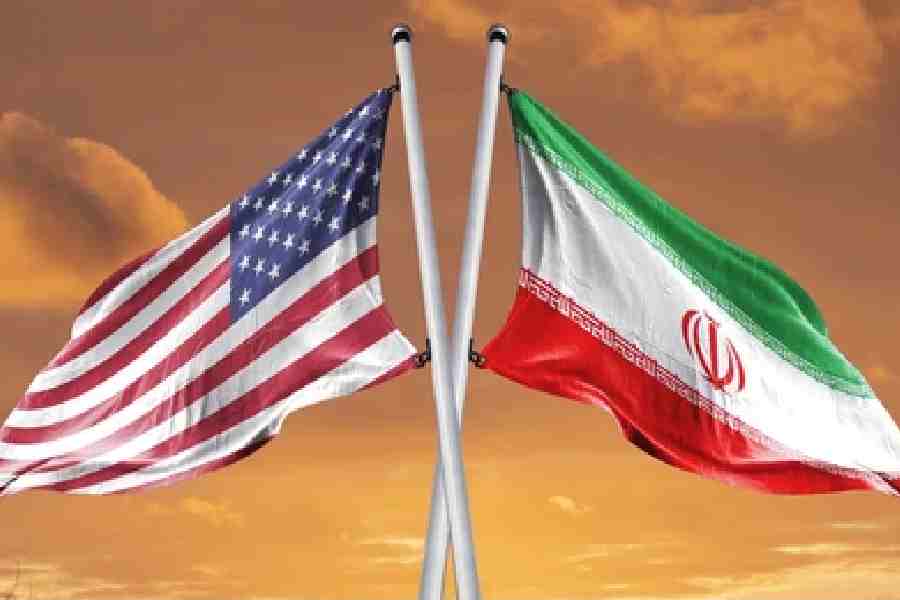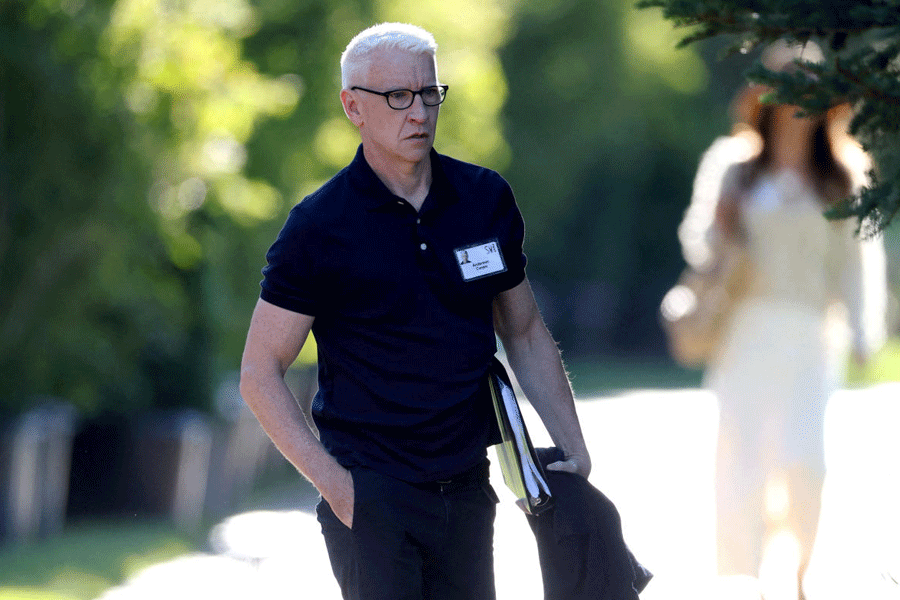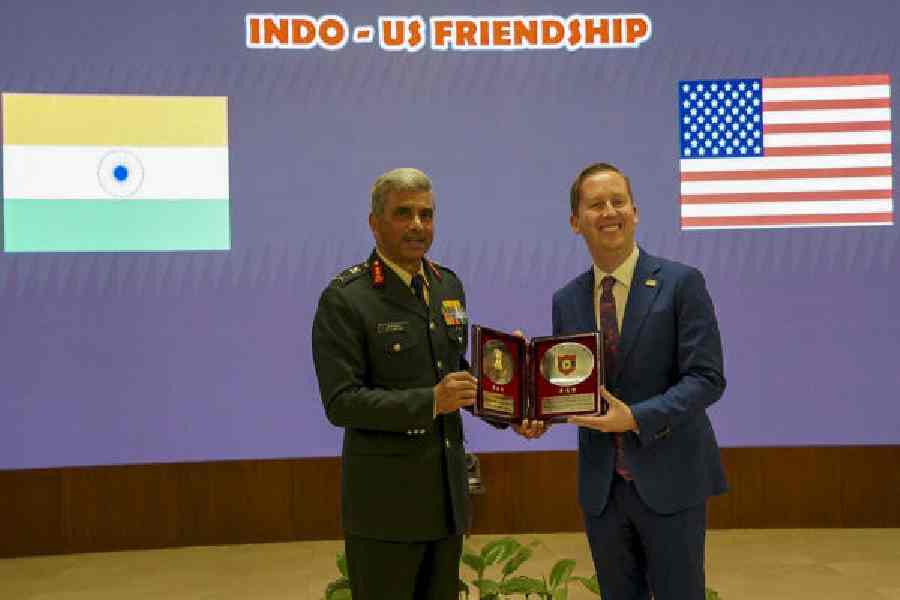The stakeholders of the north Bengal tea industry will assemble in the western Dooars on Saturday to explore options to popularise the tea produced in the Dooars.
The Jalpaiguri District Small Tea Growers’ Association will host the conclave at a private resort in Lataguri that is on the fringes of the Gorumara National Park.
“The Dooars contributes around 15 per cent of the total tea produced in the country. Yet, the Dooars tea lacks the necessary branding and popularity, unlike the Assam tea. At the conclave, there will be discussions as to how the Dooars brand can be promoted separately, both on domestic and international markets,” said Bijoygopal Chakraborty, the general secretary of the association.
In 2023, the total tea production in India was 1,393.66 million kilos. Out of them, 433.54 million kilos were produced in Bengal (around 33 per cent of the total national production). In the Dooars, the total production was 237.71 million kilos.
This year, the total production in Bengal from January to October was 319.50 million kilos, of which the Dooars’s share was 179.50 million kilos.
“The figures clearly show that the Dooars deserves to be promoted as a separate brand. So far, the tea is sold as a CTC tea without any emphasis on its origin. This has to change,” Chakraborty added.
He pointed out that the small tea sector — comprising small tea growers and bought-leaf factories — contributes around 64 per cent of the total tea produced in the Dooars.
At the conclave, researchers and experts will also speak on the issues related to the use of fertilisers and pesticides on tea plantations.
“We have always underscored that teas should be grown while adhering to the stipulated norms of the FSSAI (Food Safety & Standards Authority of India) and the Tea Board. At the conclave, experts will display kits that can be used to measure the presence of fertilisers and pesticides in tea samples so that healthy tea is produced across the region,” said Rajat Roy Karjee, the president of the association.


